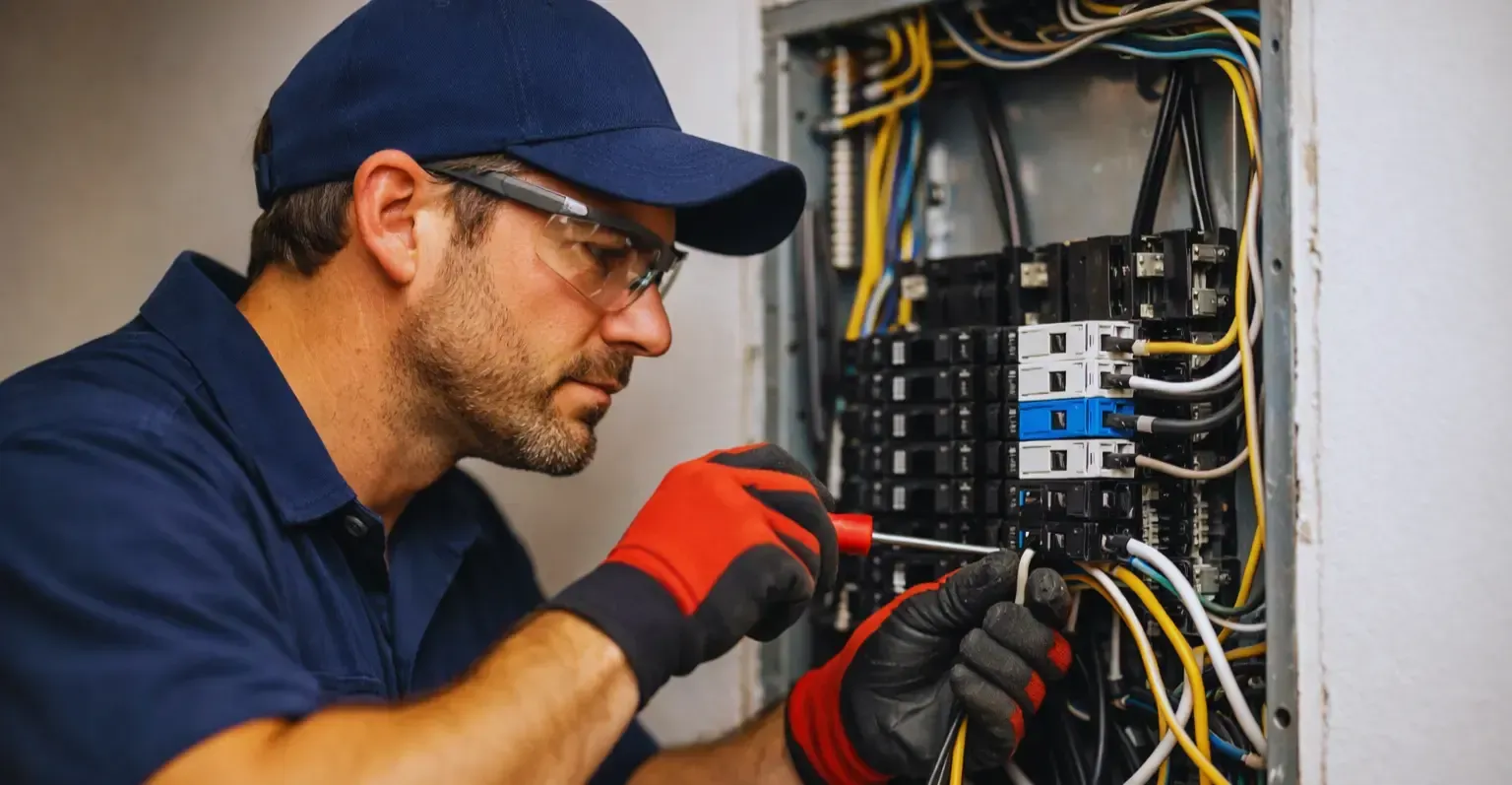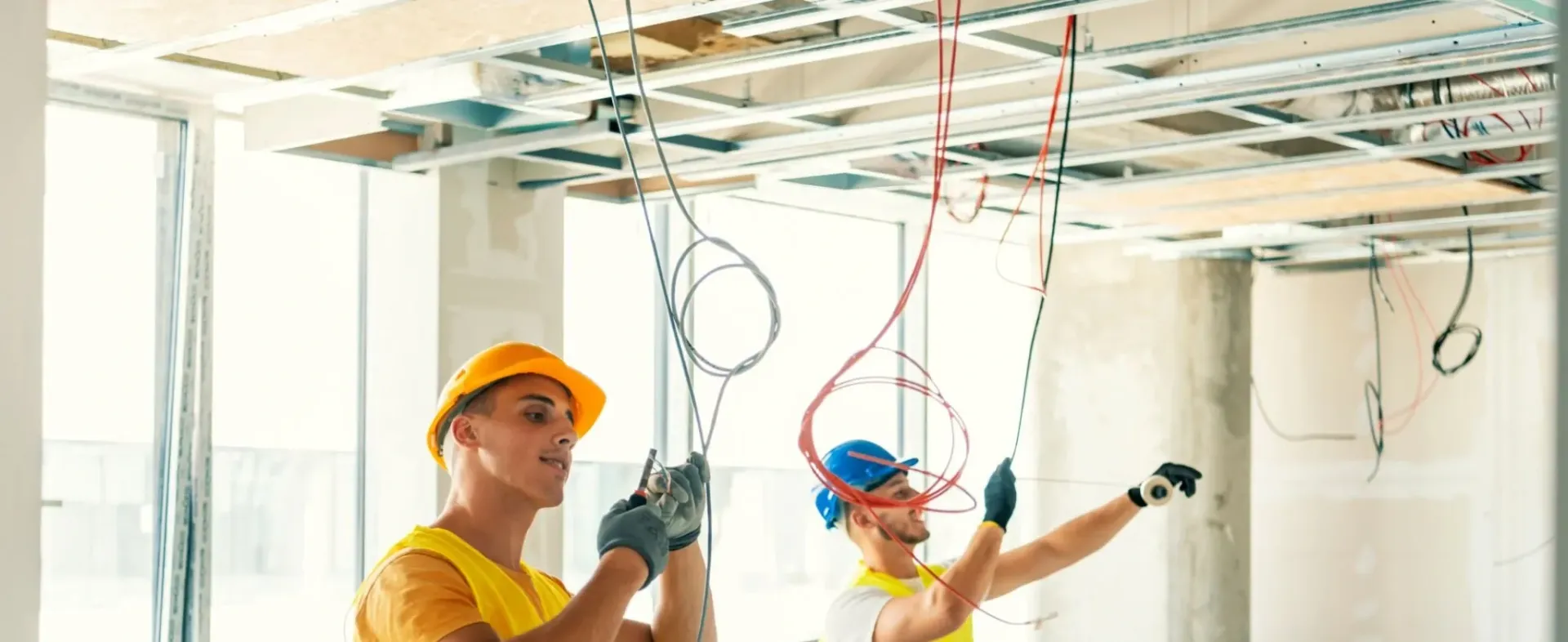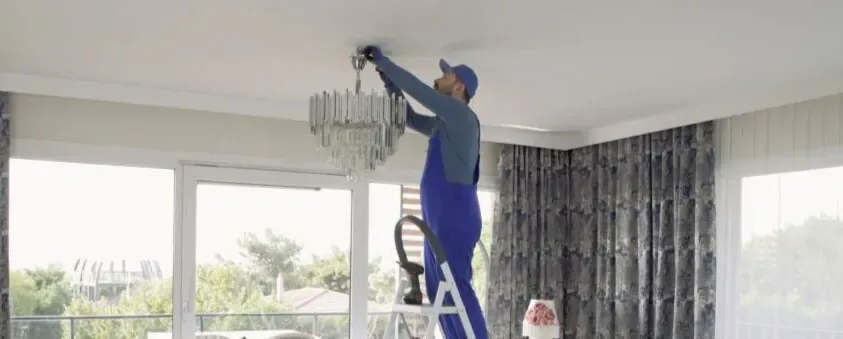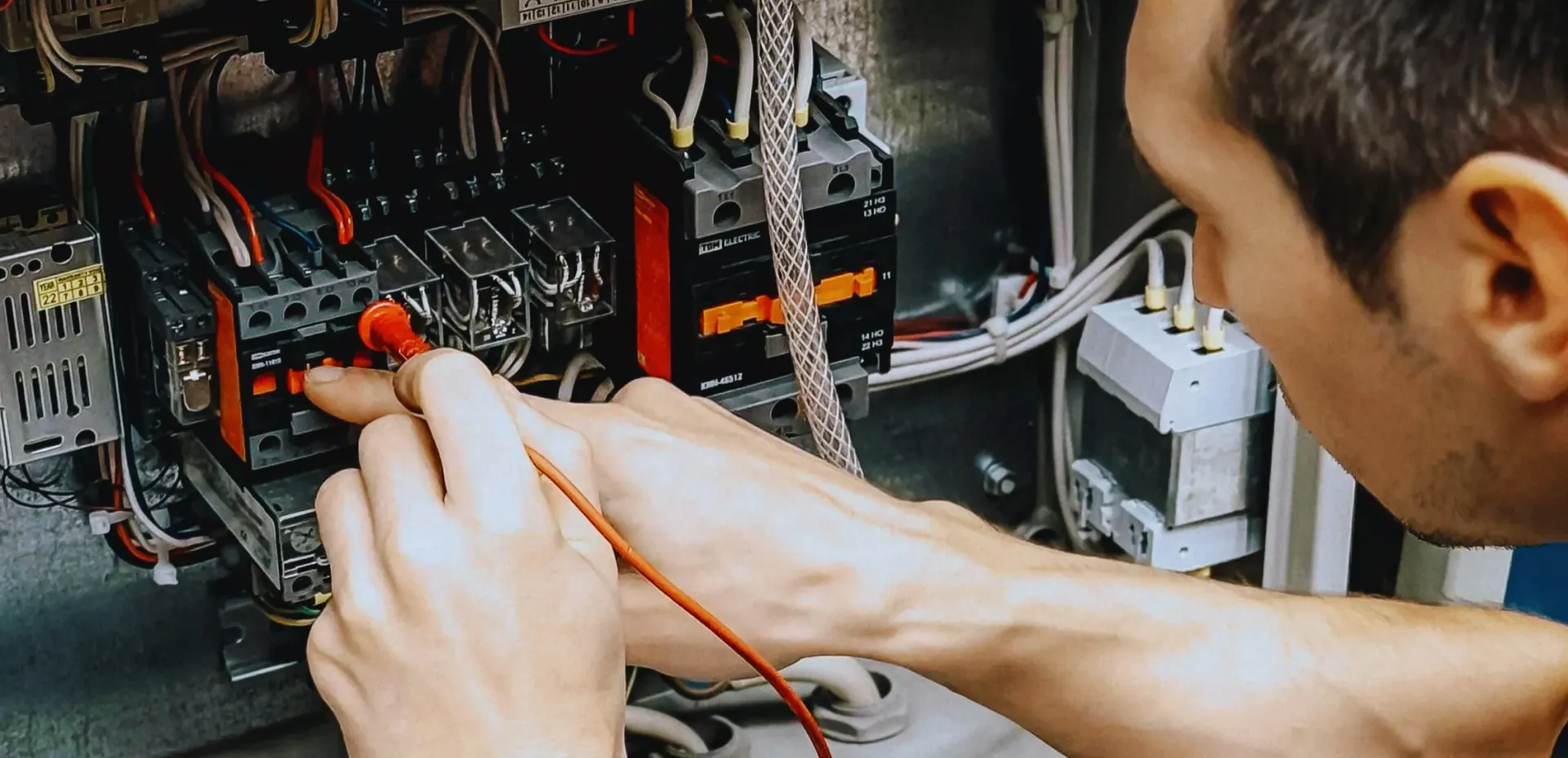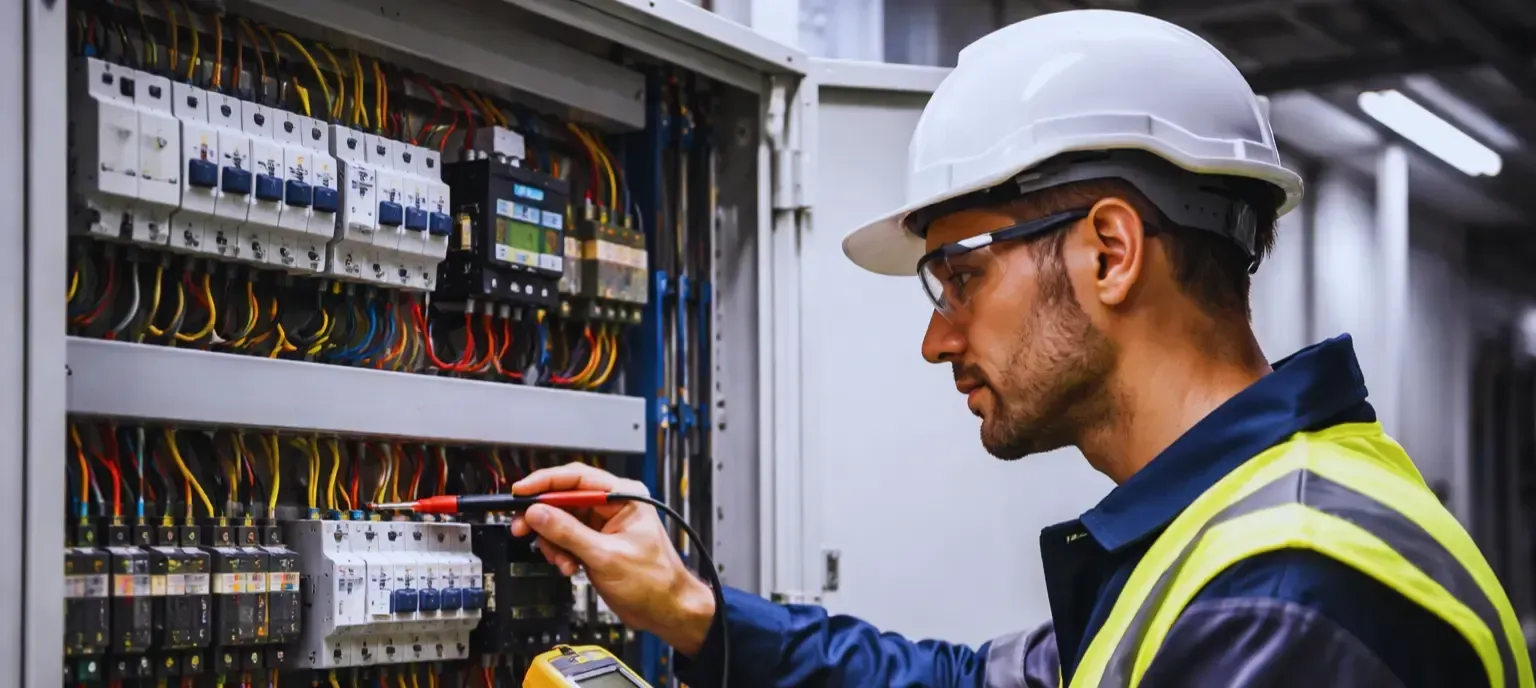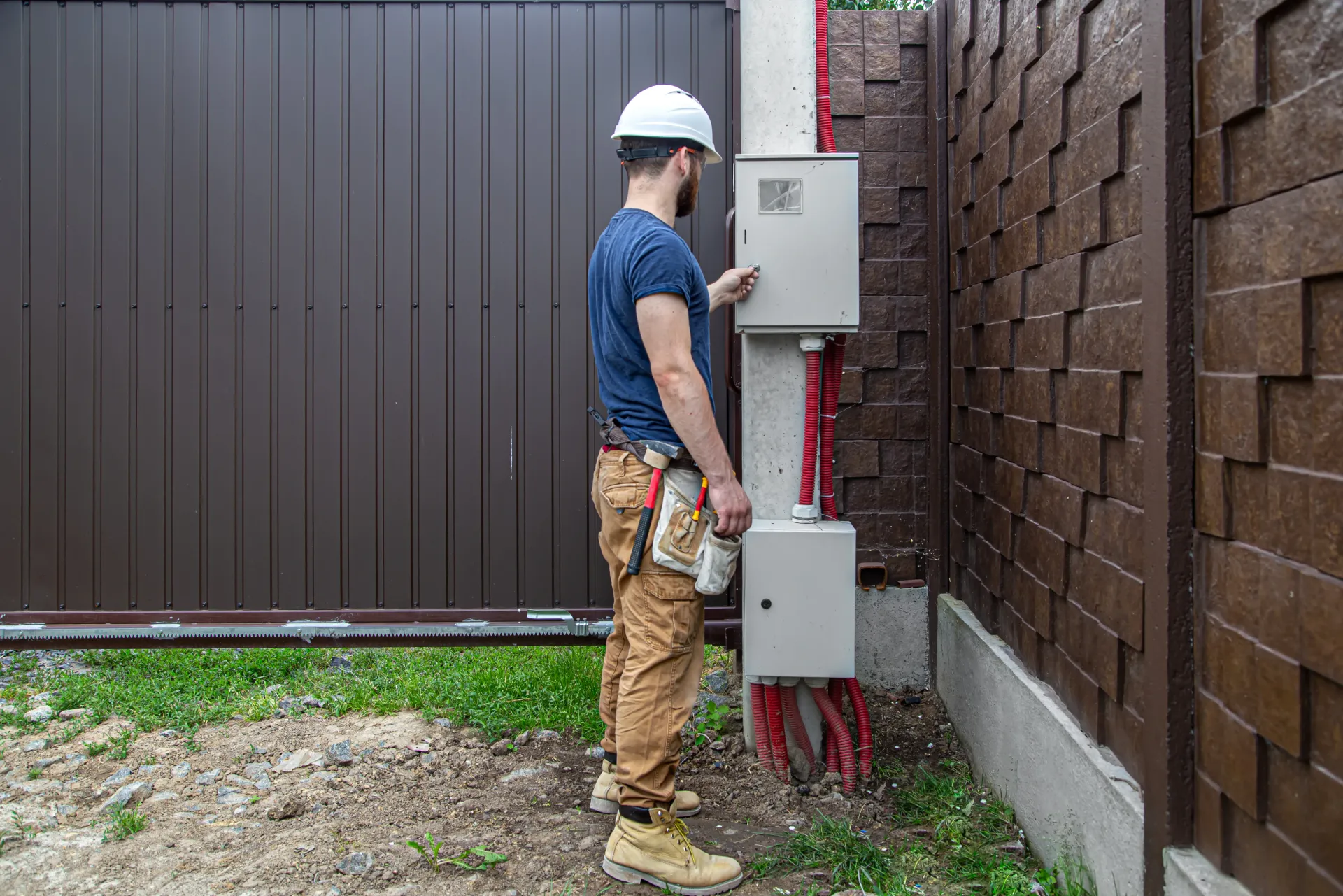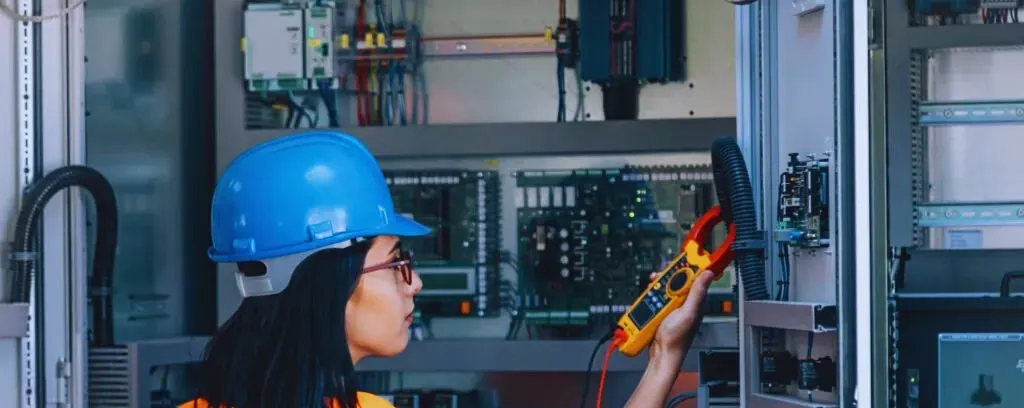Is It Time to Upgrade Your Home’s Electrical System? Here’s Why It Matters
Have you ever thought about what’s hiding behind your walls? If your home is over 20 years old, chances are your electrical system is outdated, inefficient—or worse, dangerous. Whether your lights flicker or your breakers trip often, these little signs can point to a much bigger problem. In today’s modern world of smart homes, high-powered appliances, and constant connectivity, an outdated electrical system can hold your entire household back—or put it at risk.
This article will walk you through why upgrading your home’s electrical system is no longer optional—it’s essential.
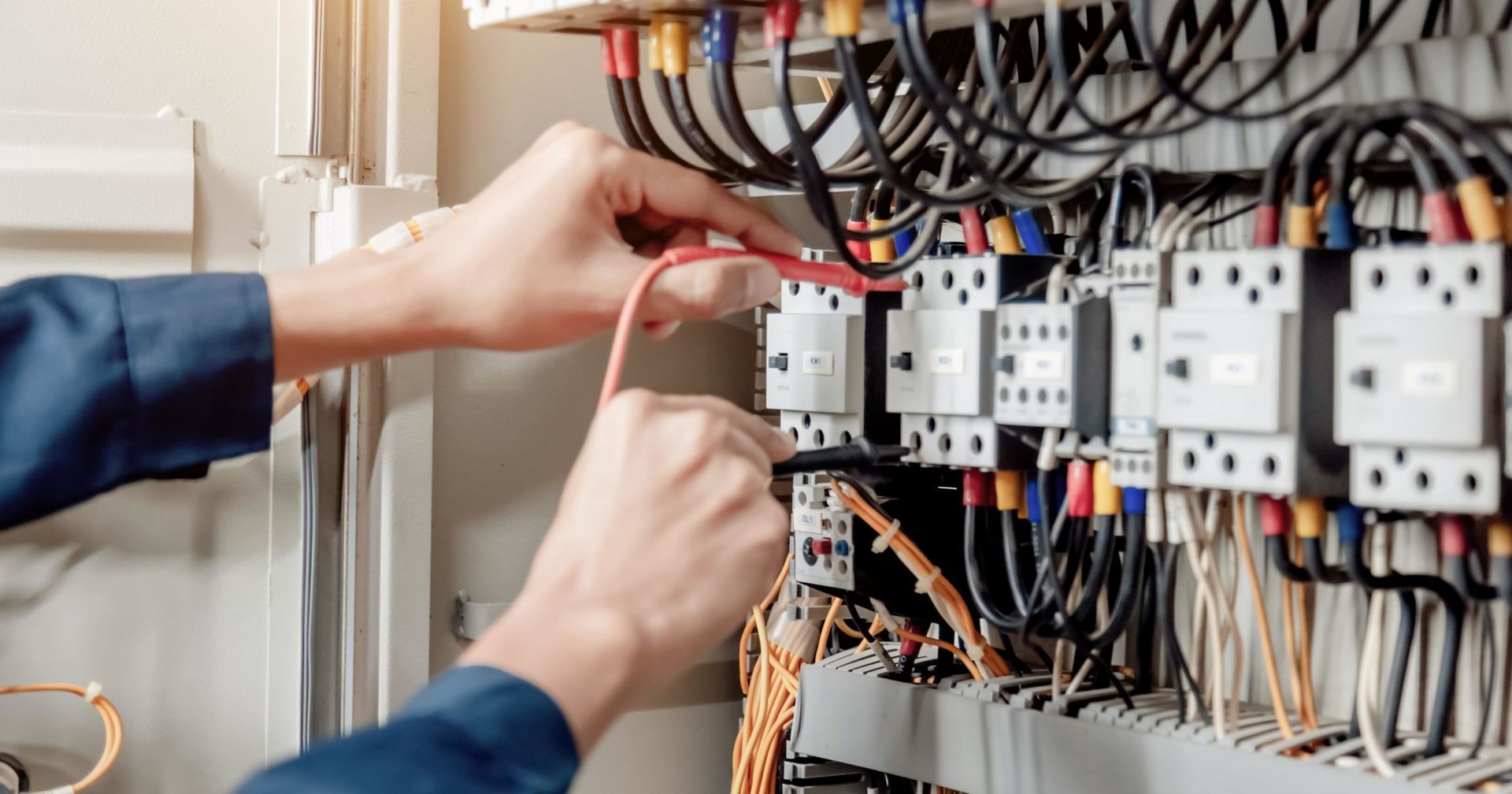
Why Upgrading Your Electrical System Is Crucial
An outdated system isn’t just an inconvenience—it’s a potential safety hazard. As technology continues to evolve, our demand for energy increases. If your electrical system can't keep up, you're not just risking damage to your appliances, but also to your home and your safety. The National Fire Protection Association reports that electrical issues are a leading cause of house fires. Simply put, staying with an outdated system is gambling with your family’s well-being.
What Is a Home Electrical System?
Your home’s electrical system includes the wiring, circuit breakers, outlets, and electrical panel that deliver power to every device and appliance. It functions like the body’s nervous system—silent, constant, and essential. Everything from your refrigerator to your phone charger depends on it. Without a healthy electrical system, modern life grinds to a halt.
Common Signs Your Electrical System Is Outdated
Wondering if your system needs an upgrade? Here are some red flags to watch for:
- Frequent circuit breaker trips
- Flickering or dimming lights
- Burning smell near outlets or panels
- Outlets that are warm to the touch
- No GFCI outlets in bathrooms or kitchens
- Two-pronged (ungrounded) outlets
- Use of extension cords or power strips for everyday items
If you’ve experienced any of these issues, it’s a signal that your system may be under strain—and needs a professional evaluation.
The Hidden Dangers of Old Wiring
Knob-and-tube wiring or aluminum wiring, common in homes built before the 1970s, poses major risks. These older systems lack the capacity and safety features of modern wiring. Over time, insulation wears out, wires corrode, and the risk of fire increases.
One overlooked threat? Overloaded circuits. When multiple high-energy devices share a single circuit, wires overheat, raising the chance of electrical fires.
Electrical Fires: A Preventable Hazard
Electrical fires are terrifying—and preventable. According to the U.S. Fire Administration, there are about 25,000 electrical fires annually. Most of them could have been avoided with timely upgrades and proper maintenance.
Newer systems come with arc fault circuit interrupters (AFCIs) and ground fault circuit interrupters (GFCIs) to prevent overheating and shock. These features are especially important in bedrooms, kitchens, and bathrooms where electricity and water often mix.
How Faulty Wiring Affects Your Family’s Safety
Besides fire hazards, faulty wiring can cause electric shocks. It also affects air quality, as overheated wiring may release harmful chemicals. Even pets and children can be endangered by loose or broken outlets. The peace of mind that comes from knowing your home’s wiring is safe is worth every penny of the upgrade.
Modern Appliances Need Modern Systems
Today’s homes are filled with energy-hungry devices: air fryers, gaming consoles, electric vehicles—you name it. If your electrical panel wasn’t built for this century, you’re overloading it daily. This can reduce the lifespan of your appliances and lead to costly replacements. Upgrading your panel helps evenly distribute electricity and reduces wear and tear on everything plugged in.
Improving Energy Efficiency Through Electrical Upgrades
Energy-efficient homes are more than just a trend—they’re a necessity. An upgraded system minimizes power loss, regulates voltage better, and supports energy-efficient appliances. Over time, this can cut down your electric bill and reduce your carbon footprint.
Replacing old panels with new, efficient breaker systems can make your entire home smarter and greener.
Preparing for Smart Home Integration
Want a smart thermostat, doorbell camera, or AI-powered lighting? Great! But first, make sure your system can handle it. Smart home devices require stable and clean power. A modern electrical system provides the infrastructure necessary to integrate these gadgets seamlessly and safely.
Charging Stations, Solar Panels & Future-Proofing
Electric vehicles and solar panels are no longer futuristic—they're becoming standard. But if your home isn’t wired for them, you’ll be stuck. Investing in an upgraded system prepares your house for modern needs and increases resale value.

The True Cost of NOT Upgrading Your Electrical System
Let’s be real—waiting to upgrade can cost you more. Insurance premiums can increase. Repairs become frequent. Your energy bills rise. And the worst-case scenario? Fire damage or injury.
Proactively upgrading is not only smart—it’s cost-effective.
Average Cost to Upgrade Your Electrical Panel
Depending on your location and system size, a typical panel upgrade may cost between $1,500 to $3,000. While this may seem steep, it pales in comparison to the cost of fire damage or appliance failure. Plus, many utility companies offer rebates or incentives for energy-efficient upgrades.
Home Insurance Implications of an Outdated Electrical System
Many insurers charge higher premiums—or refuse coverage entirely—for homes with outdated systems. In some cases, you may be ineligible for claims if a fire is traced back to faulty wiring. Upgrading your system could not only protect your home but lower your annual insurance costs.
When to Call an Electrician
If you’re unsure about the condition of your system, don’t take chances. Contact a professional from a trusted Electrical Service to inspect your panel and wiring. They’ll provide a safety report and recommend the best course of action.
What to Expect During a Home Electrical Upgrade
Typically, an upgrade involves:
- Inspecting current systems
- Replacing panels and breakers
- Rewiring outdated sections
- Installing AFCIs and GFCIs
- Ensuring code compliance
The process may take a few days but the results are long-lasting peace of mind and better performance.
Finding a Trusted Electrical Service
Choose licensed, bonded, and insured electricians with stellar reviews. ATElectric LLC is one trusted provider known for high-quality workmanship and customer satisfaction. Explore their Electrical Service page for more info or Contact them directly for a consultation.
Homeowner Testimonials: Why We Upgraded
"Our lights used to flicker every time we used the microwave. After upgrading, everything runs smoothly and our power bills went down!" – Amanda R., Dallas, TX
"I wanted to install EV charging but my panel couldn’t handle it. The upgrade was seamless, and now I’m future-proofed." – Kevin M., Austin, TX
How to Schedule a Contact for a Free Inspection
ATElectric LLC makes it easy to schedule an inspection. Visit their Contact page, fill out the form, and you’ll be one step closer to a safer, smarter home.
Frequently Asked Questions About Home Electrical Upgrades
How do I know if my home’s electrical system is outdated?
Look for signs like frequent breaker trips, dimming lights, and warm outlets. If your home is over 25 years old, schedule an inspection.
What’s the biggest danger of keeping an old electrical system?
Electrical fires. Old wiring can’t handle today’s energy demands and may overheat, posing serious safety risks.
Can I upgrade just one part of my electrical system?
Yes, but it’s recommended to evaluate the whole system. Sometimes, fixing one issue just shifts the strain elsewhere.
Do electrical upgrades increase property value?
Absolutely. Homebuyers prioritize safety and smart-home readiness. An upgraded system can boost resale value.
How long does a full upgrade take?
Depending on the home size, expect 2–5 days. Your electrician will give a timeline after inspection.
Are permits required for an electrical upgrade?
Yes. Licensed electricians will handle permits and ensure the work meets local building codes.
Final Thoughts: Your Peace of Mind Starts with Safer Power
Upgrading your home’s electrical system isn’t just about convenience—it’s about protecting your family, future-proofing your home, and saving money over time. Don’t wait for a major issue to act. Schedule your inspection with a reliable Electrical Service today and power your home the smart way.
Links
